Newman News Term 1 Week 6: From the Deputy Principal Wellbeing Secondary
College Production – Roald Dahl’s Matilda the Musical

The College is proud to present Roald Dahl’s Matilda the Musical; coming to the Marist Auditorium in April 2020.
Adapted by Dennis Kelly and music and lyrics by Tim Minchin, Matilda the Musical is a story of a special girl with an extraordinary imagination and proudly features a cast and crew comprising students from Years 5-12. Click here for a synopsis of the story.
Matilda the Musical will be performed over 5 days:
- Wednesday 1 April, 6.30pm
- Thursday 2 April, 6.30pm
- Friday 3 April, 6.30pm
- Saturday 4 April, 1.00pm (Matinee)
- Saturday 4 April, 6.30pm
- Sunday 5 April, 1.00pm (Matinee)
Tickets:
- Family (2 Adults + 2 Children) $80
- Adult $29
- Child/Concession $19
Click here to purchase tickets online via trybooking.com
Year 7 Camp
As we conclude Week 6 of Term 1, I wanted to acknowledge the amazing spirit and effort that Year 7 students put into their Camp experience to get the most out of this experience. Over three days, students pushed themselves in a range of activities at the Swan Valley Adventure Centre. Here they developed new skills and learnt to work together as a Guild whilst fostering new friendships within the year group. Behaviour was impeccable and they were a real credit to the College, which I received as feedback regularly. This could not have been possible without the support of some 20 staff who gave up their time to help run this. Click here to read a lovely article by Lara Esler and Leo Mason about their experiences on camp along with more photos from the camp.
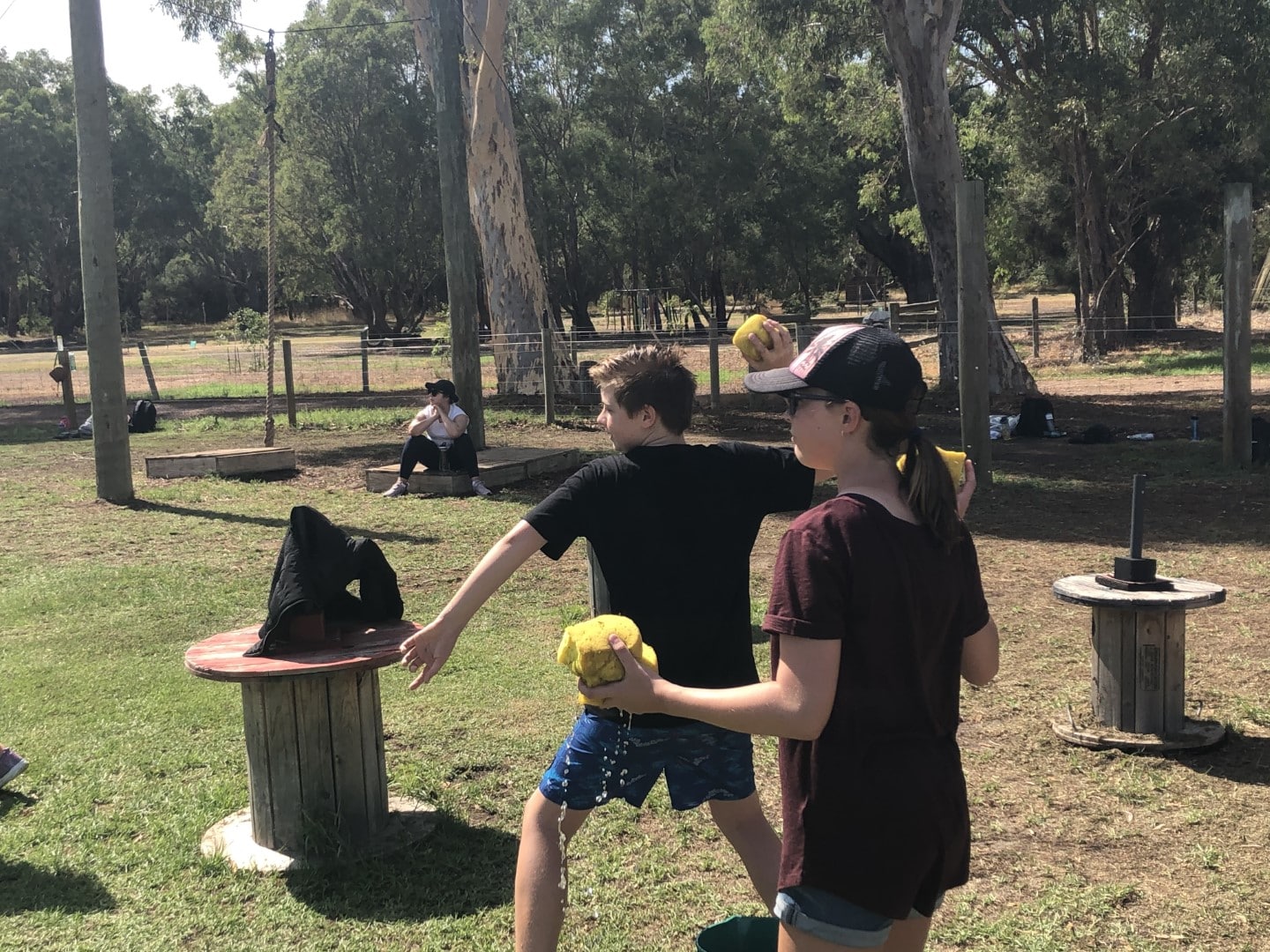
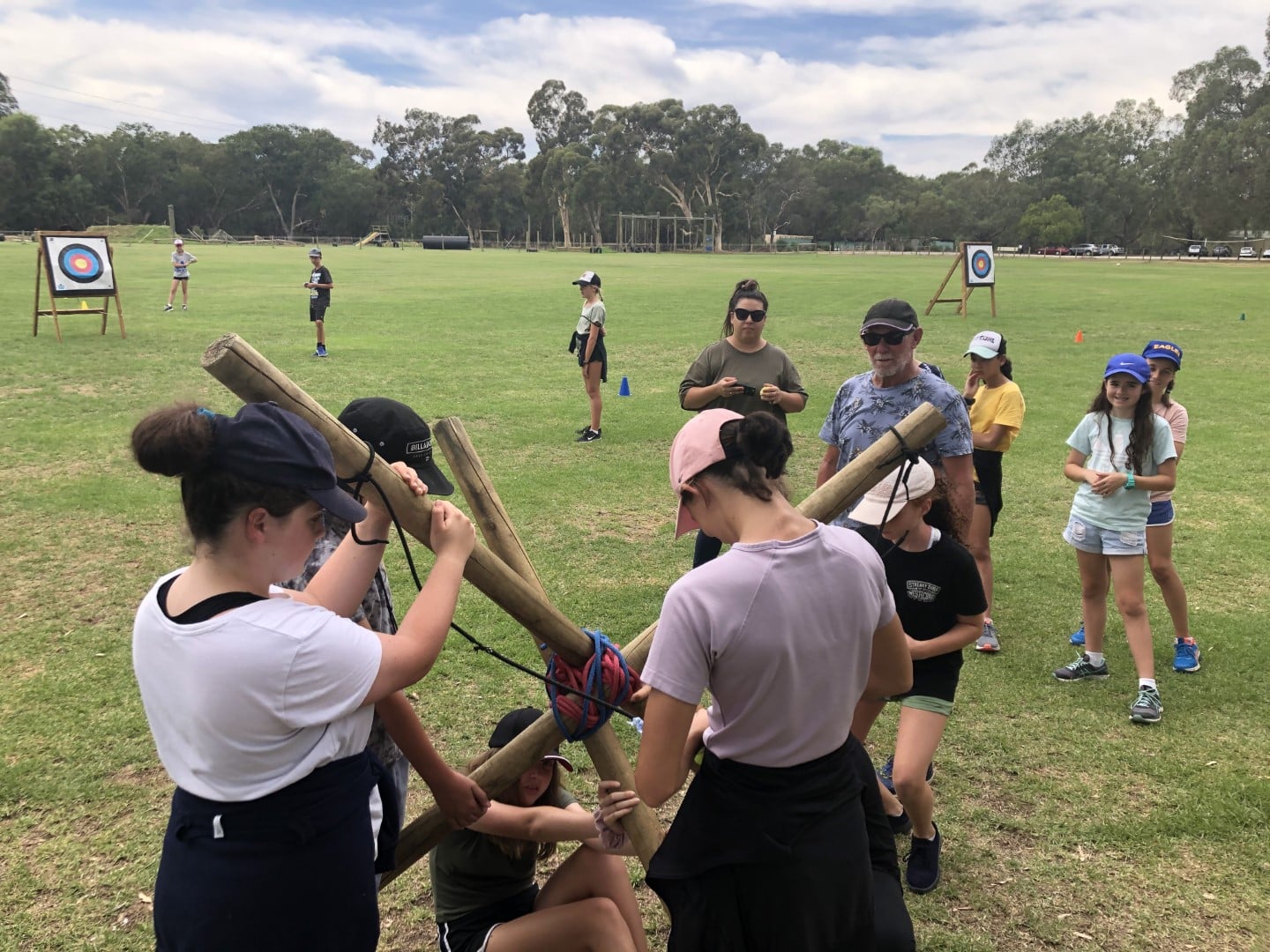
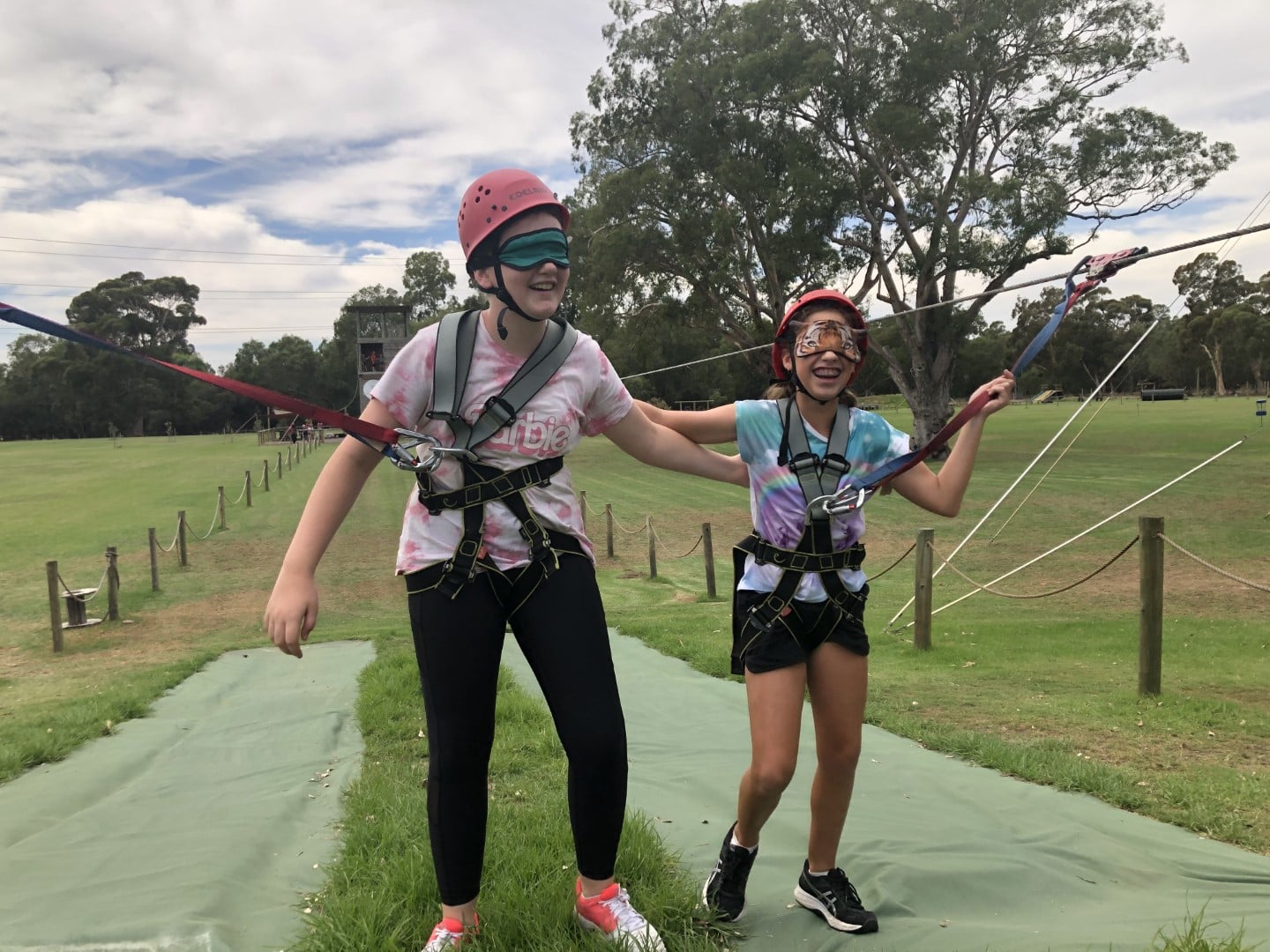
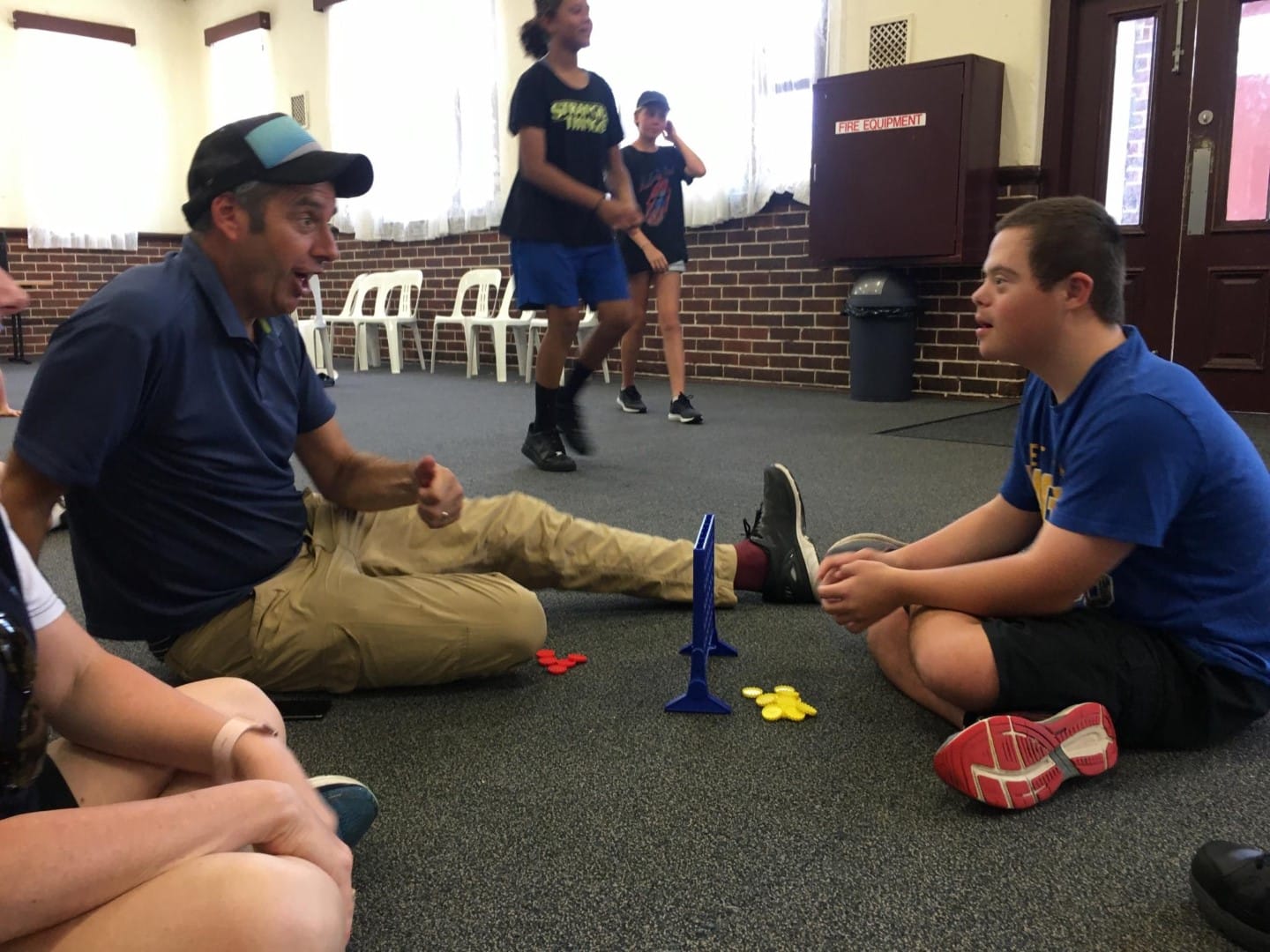
Year 11 Geography Excursion
ATAR Geography Studies ventured off on a field excursion to Cunderdin and Meckering. The towns are located 200km east of Perth, and are the sites of the 1968 Meckering earthquake. The students were able to experience what it felt like during the earthquake in the ‘earthquake house’ at the Cunderdin museum and were honoured to be able to listen to Mrs Ann Williams recall the day. Students then headed back to Meckering and were further fascinated to learn more about the earthquake by exploring the bent railway track, crushed water pipe and the old town site.
Finally, before heading back to Perth, the students developed their field skills and took measurements at the fault line, where the uplift of the land is still evident. We were all amazed to be standing on rock, the Yilgarn Craton, that is 2.8 billion years old.
Year 12 Biology Excursion
Year 12 Biology students recently had the opportunity to conduct a polymerase chain reaction and gel electrophoresis at the Harry Perkins Institute of Medical Research – two commonly used procedures used daily in cancer research! A great opportunity for our students to #shinethroughdiscovery outside the classroom.
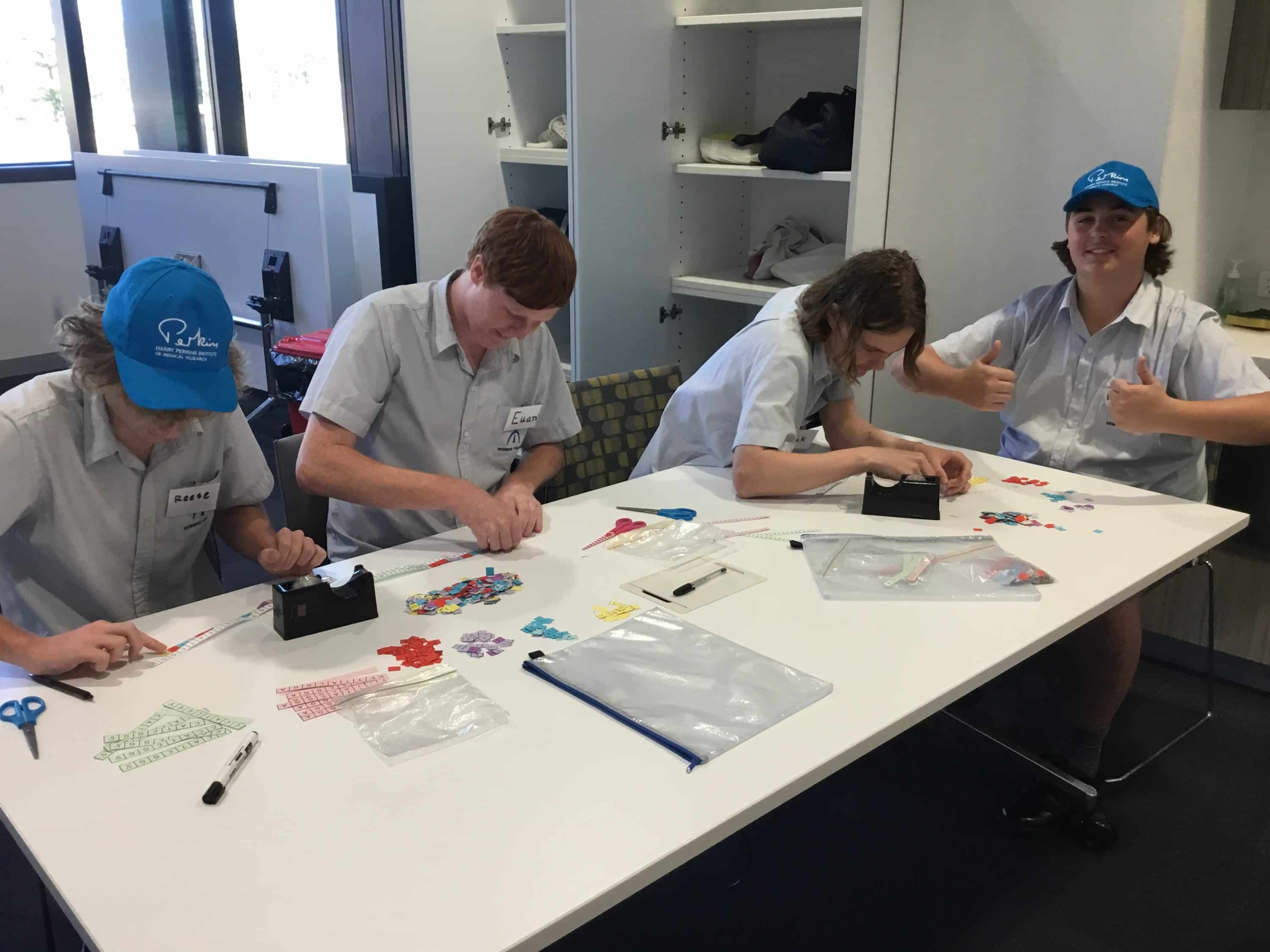
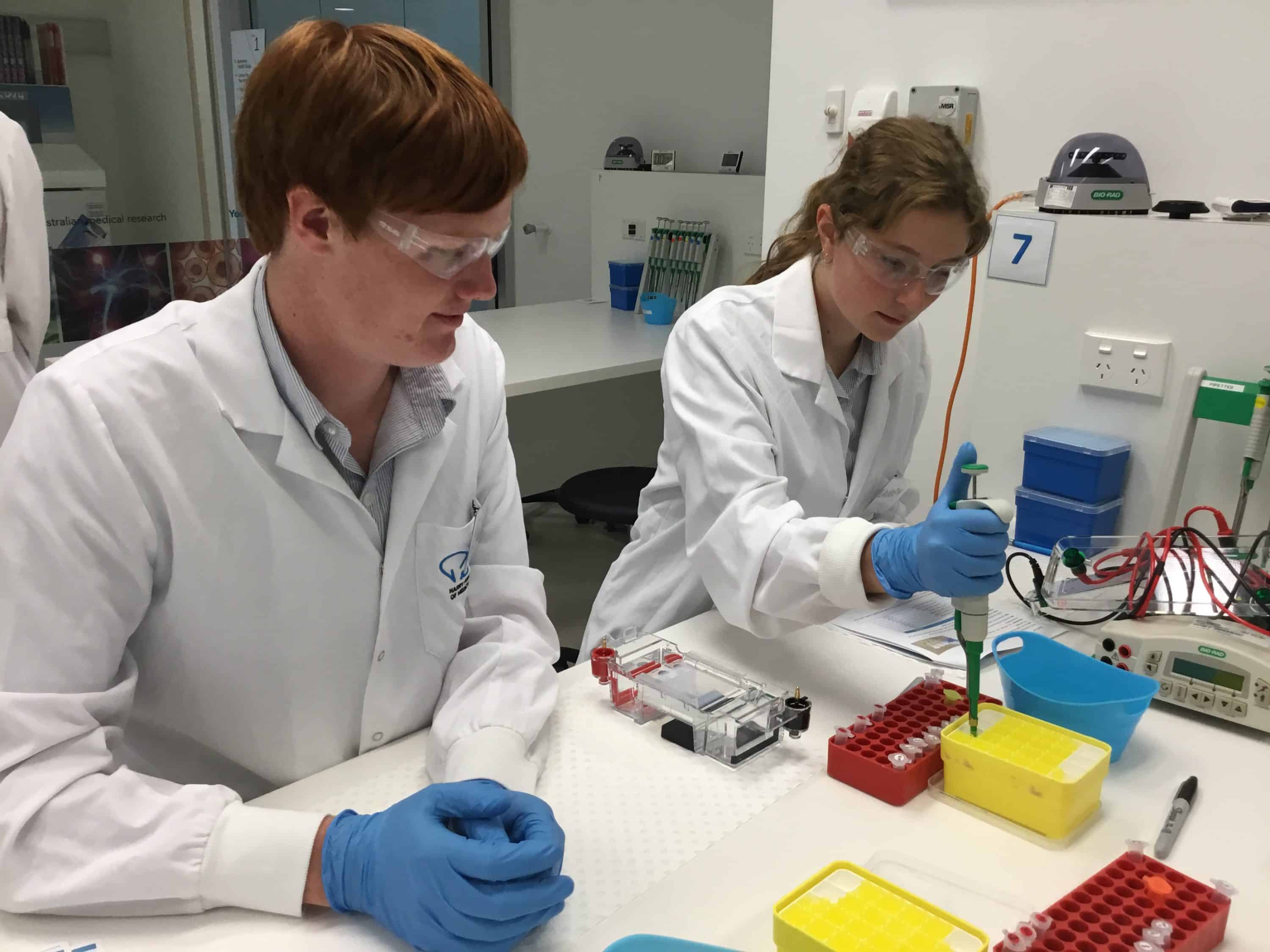
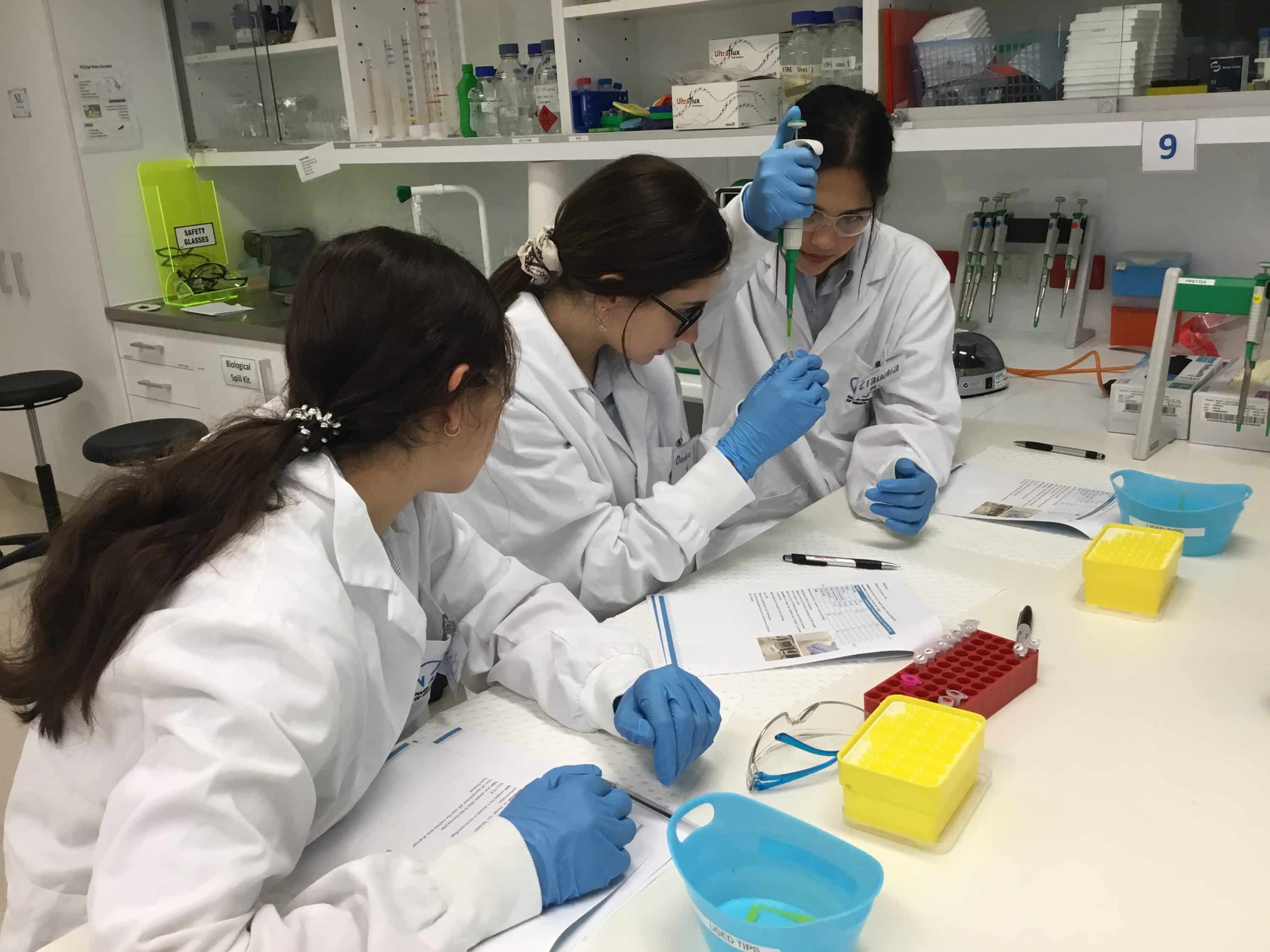
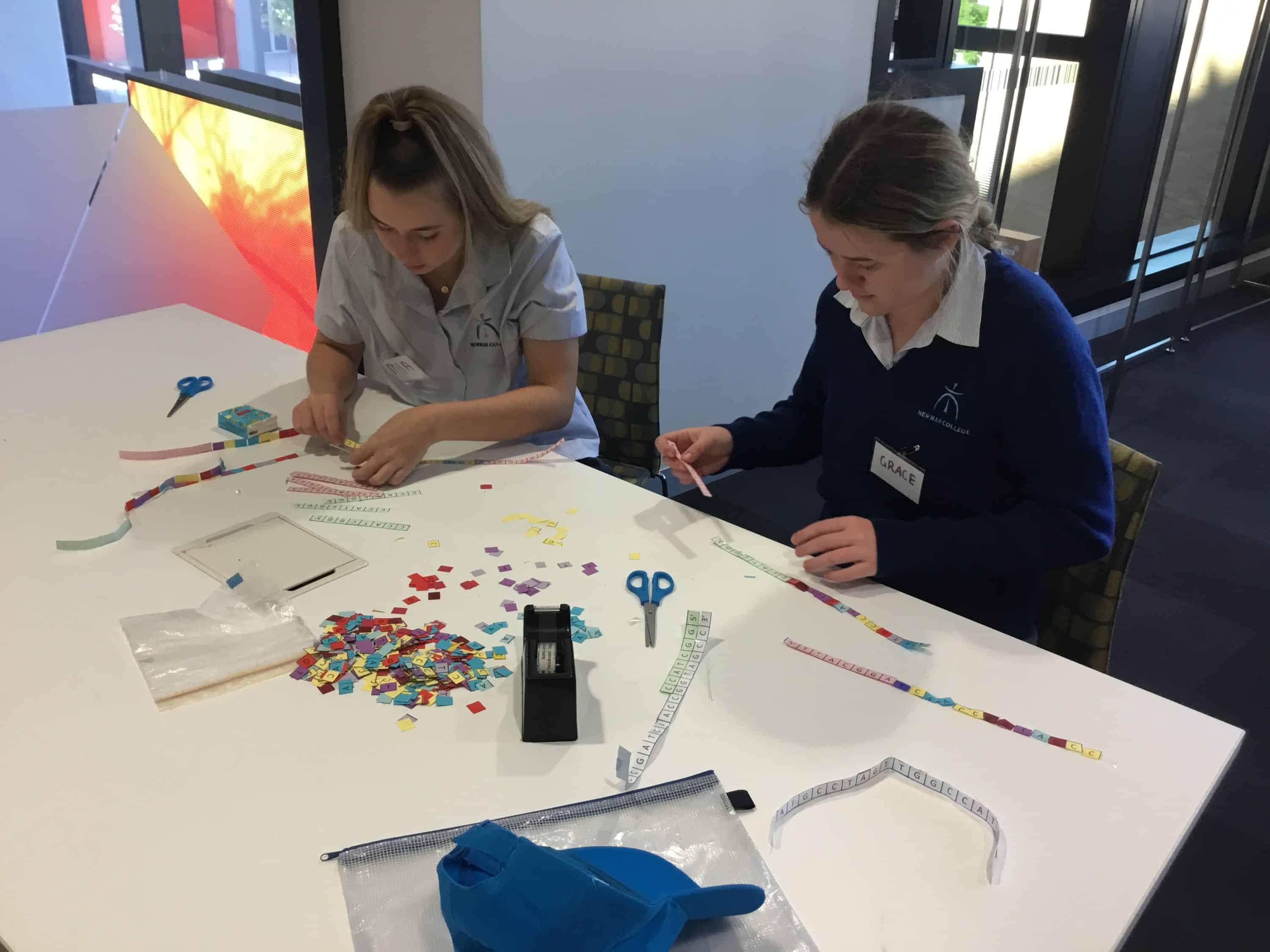
Years 11 – 12 Assessment Guidelines and Procedures
Introduction
Assessment is an integral part of the learning process, providing students, parents/guardians and teachers with information on academic progress and feedback to inform future learning. Assessment procedures need to be fair, reliable, valid and transparent.
School-based assessment involves teachers gathering, describing, analysing and quantifying information about student achievement. Assessment tasks include, but are not limited to, tests, examinations, essays, reports, investigations, exhibitions, productions, performances and presentations.
General Assessment Information to Students
As required by the School Curriculum and Standards Authority (SCSA), every student studying a WACE course will be provided with:
- the College’s senior secondary assessment policy
- the course syllabus
- the course outline
- the assessment outline
- the grade descriptions for each course.
These documents are available on SEQTA.
The College is committed to giving students, parents and guardians timely feedback about academic performance in a variety of ways, as indicated below:
- Student achievement is reported formally at the end of Semesters one and two
- Parent/teacher/student interviews take place during the year and as required
- Assessed work will be marked and returned to students, with feedback provided, within two weeks of the assessment being submitted
- Marks will be made visible on SEQTA within two weeks of the assessment being submitted
- Marking keys will be provided for all assessment tasks.
Student Responsibilities
It is the students’ responsibility to:
- familiarise themselves with the College Assessment Policy and the Year 11 and 12 Assessment Guidelines and Procedures. Click here to access these documents.
- familiarise themselves with the assessment program for each course
- attempt all assessment tasks to the best of their ability
- submit assessments to their teacher by the advertised due date
- discuss with their teacher any difficulties regarding an assessment, absence from class, missed assessments, extension requests and other issues pertaining to assessment
- where relevant, retain all their marked assessments in Years 11 and 12.
Assessing students who do not complete the assessment program
When a student is absent for an assessment task, the reason for the absence must be determined by the teacher and appropriate action taken.
ESaftey Commissioner
The eSafety Commissioner has various functions and powers under Australian Government legislation to foster online safety. It provides information to educators, kids, young people and parents regarding online safety. I strongly encourage students and parents to visit their website and learn about protecting themselves and others. Please click here.
Pathways and Careers Update
Click here to see all of the upcoming list of events that may be useful for students and parents.
Latest Sport News
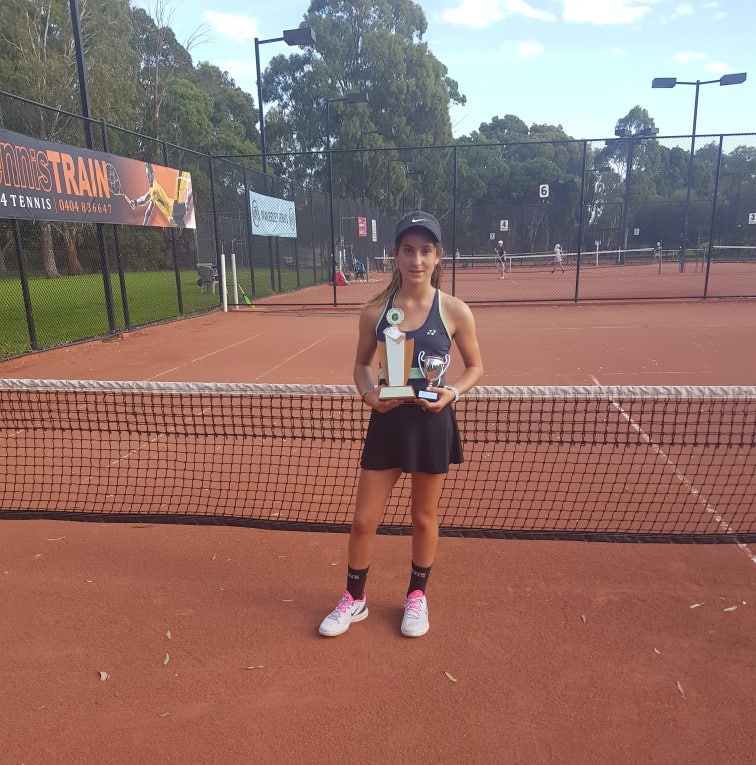
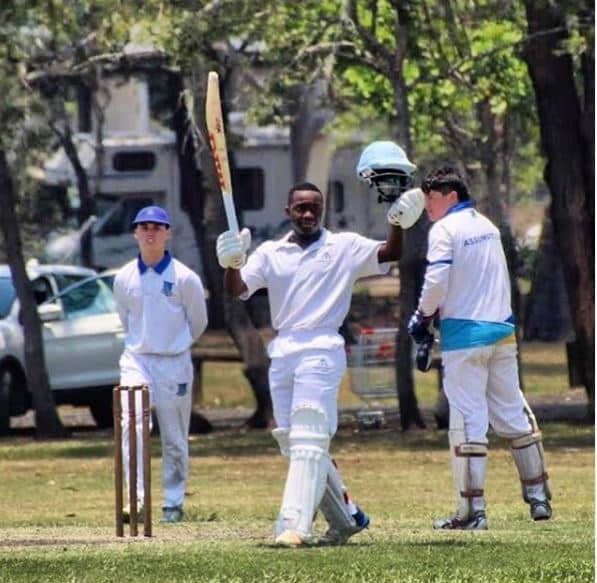
- NAS Sport
- ACC Swimming
- Individual Accomplishments (Yelena Kelleher Y8 and Tatenda Makova Y12)
- Newman Sienna Netball Club Pasta Fundraiser
- Marist Football Club Newsletter
From the Counselling and Wellbeing Team
Communicating with your Teenager
During the high school years, your child is going through major changes as they figure out who they are and what they want from life. Parents play a central role in helping teens to develop into independent adults by providing support and guidance, but also by respecting their choices and allowing space to work things out for themselves. Part of this means changing the way that you communicate with each other, which can be difficult for both parties. Below are some tips for communicating with your teen:
- Make talking a part of your routine
- Be a good listener
- Ask open, curious questions (avoid using judgmental language or tone)
- Allow your teenager to talk about their interests (show respect for their opinions, even if you disagree)
- Show affection and tell your child how much they mean to you
- Reinforce that you are there to support them
- Respect their privacy
Relationships between parents and young people can become strained at times and lines of communication can become damaged. Your child may not always go to you for help, but it’s important to remind them often that you are there for them and that you love and care for them. Let your child know if you are concerned and remind them of trusted adults who they can speak with. If what you’re doing isn’t working, try a different approach, and always provide hope that their situation can and will improve.
Visit these websites for more information on how to communicate with your teenager: